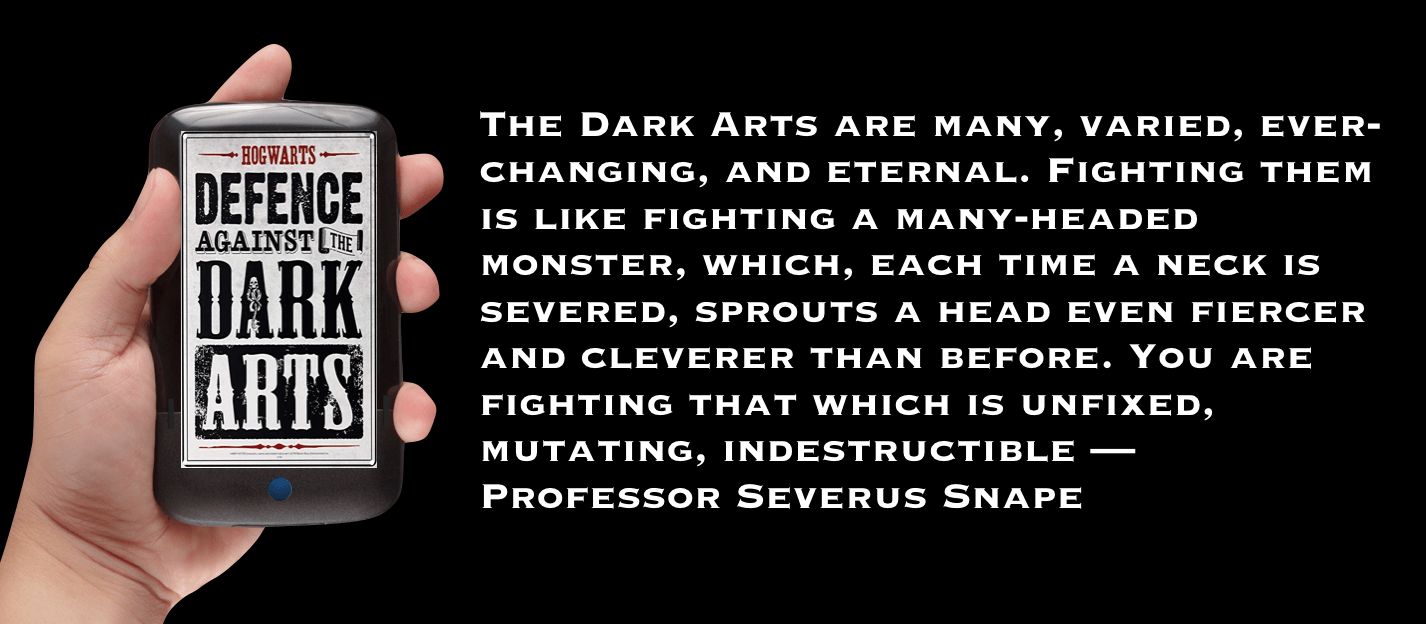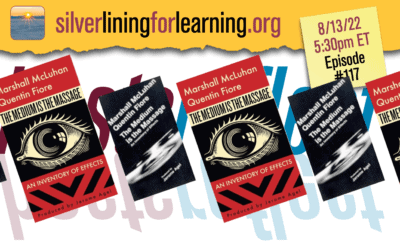Aroutis Foster and I recently published a chapter in the Handbook of research on effective electronic gaming in education (I had posted about it earlier here). The handbook seeks to provide a comprehensive coverage of the use of electronic games in multiple fields. Complete reference, abstract & link to pdf given below.
Foster, A. N., Mishra, P. (2008). Games, claims, genres & learning. In R. E. Ferdig (Ed.), Handbook of research on effective electronic gaming in education. Information Science Reference; Hershey, PA (1759 pages; 3 volumes). pp. 33-50.
Abstract: We offer a framework for conducting research on games for learning. Building on a survey of the literature on games, we suggest a categorization scheme (physiological and psychological) of the range of claims made for games. Our survey identifies three critical issues in the current scholarship. They are, a lack of authentic, situated research studies; a lack of sensitivity to the pedagogical affordances of different game genres; and a lack of emphasis on the importance of acquiring disciplinary knowledge (i.e. content). We offer the Technological Pedagogical Content Knowledge (TPACK) framework as a way to address these concerns and guide future research in this area. We argue, that assessment on learning from games needs to consider the specific claims of games, as they interact with genre and content knowledge. Finally, we introduce an ongoing study that utilizes this approach.
Link to paper (pdf) here.





0 Comments
Trackbacks/Pingbacks